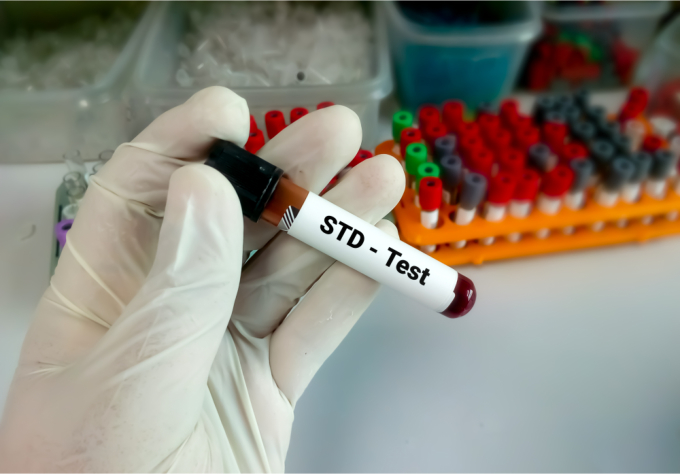The World Health Organization reports that more than 1 million sexually transmitted infections (STIs) are contracted daily globally. Alarmingly, the vast majority of these cases are asymptomatic—which is why we at Health For Nigeria, a leading health organization in Nigeria, find it critical to disseminate as much information on the matter as possible.
At our non-profit organization in Lagos, Nigeria, we are not only committed to providing quality healthcare projects and programs for our valued community. We also do everything to ensure accurate resources and materials are accessible.
That said, allow our healthcare professionals to highlight prevalent misconceptions about sexually-transmitted diseases and the reality behind them:
- STDs are transmittable via casual contact.
Casual contact (e.g., hugging, using the same utensils, or using public restrooms) does not risk contracting STDs. Instead, they necessitate direct body fluid exchange or contact with infected areas.
- STDs are curable through antibiotics and home remedies.
While some bacterial STDs can be treated and cured with antibiotics, others only have treatments that manage symptoms and reduce the risk of transmission. Moreover, home remedies are not reliable and may even worsen the condition. As such, seeking healthcare experts is necessary when dealing with these issues.
- STD symptoms are always evident.
Many STDs may not show any noticeable symptoms, particularly in the early stages of infection. As a result, regular STD testing, especially for sexually active individuals or those with new partners, is crucial to identify diseases early.
Want to know how to donate to our healthcare center in Lagos, Nigeria? Reach us now!
Disclaimer
Blogs, content, and other media uploaded online are for informational purposes only. Contents on this website should not be considered medical advice. Readers are strongly encouraged to visit their physician for health-related issues.









Leave a Reply